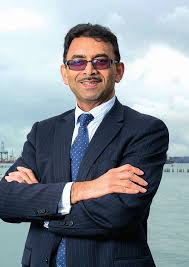
Watercare CEO resigns
A lesson for all water company CEOs.

Auckland received 40 percent less rainfall than normal between November 2019 and May 2020, making it the region’s worst drought on record.
So you might think that it’s unfair that Raveen Jaduram – highest paid council employee with a salary of AUS $775,000, 30% more than the Chief Executive of Auckland Council, as the media likes to point out – had to resign.
But it’s not an act of God that did for him. It was the failure to plan for an eventuality that is now more likely than not to affect every water company on earth.
The CEO’s responsibilities include:
- Reducing demand
- CEO lobbies government to introduce appliance labelling and controls
- CEO ensures public are aware of the need to save water
- Demand planning
- CEO ensures adequate supply for a range of demand scenarios
- Reducing leakage
- CEO ensures bursts are less likely
- CEO ensures leakage is found and fixed more quickly and cost effectively
- Eking out supply
- CEO ensures that there is a mechanism by which supply can be proactively constrained before customer use restrictions are put in place
- Managing shortages
- CEO ensures that there is a plan to handle a situation in which all the steps above are still not enough
Too many water company CEOs take this approach:
- Demand is whatever customers use
- Severe droughts are rare so don’t worry too much about them happening
- Re-double inefficient find & fix leakage activity
- Apply for drought restrictions on customers when required
- Assume people will understand that drought is an act of God rather than a failure of management.
i2O’s solution set is vital for Reducing leakage cost-effectively and Eking out supply. CEO’s should take note before they have to ‘consider new opportunities.’